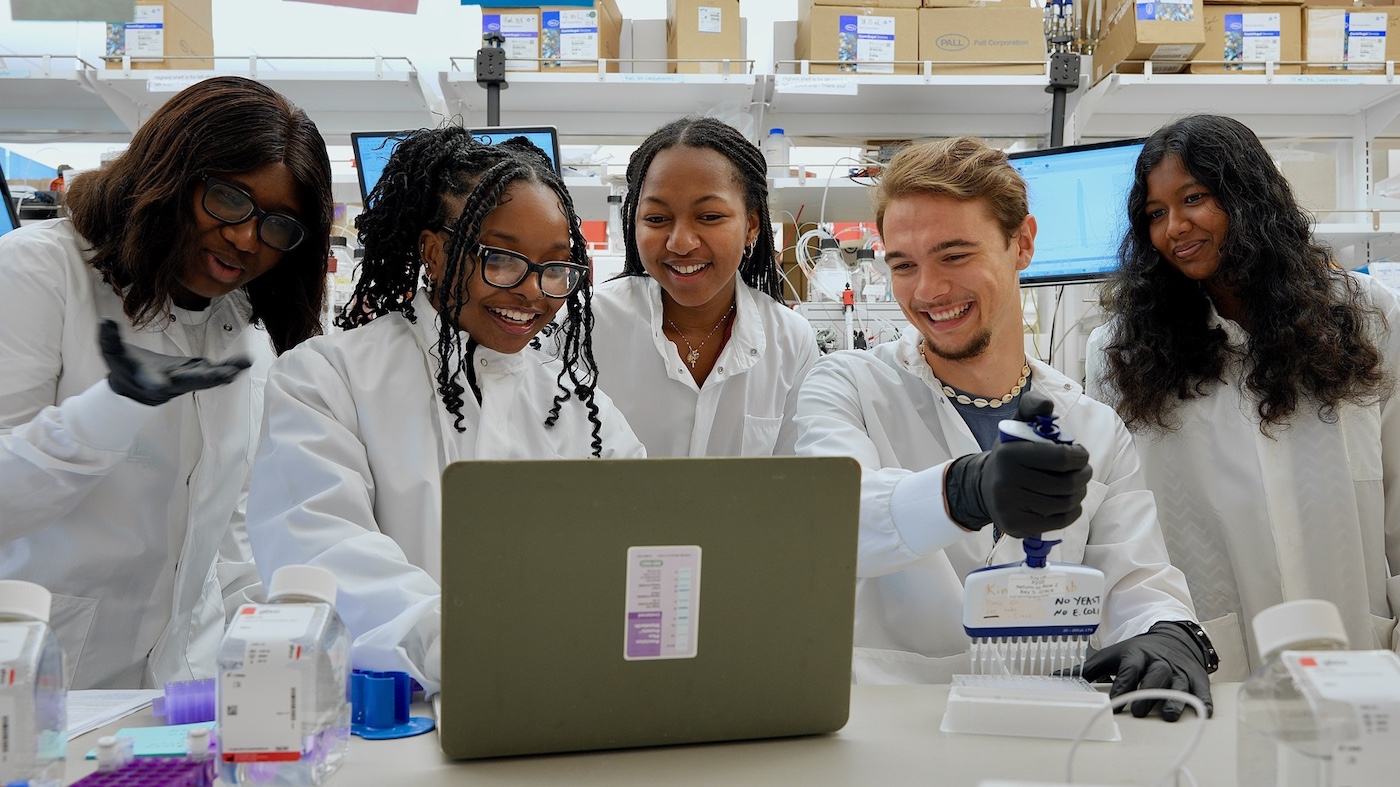This summer, the Institute for Protein Design hosted 18 undergraduate students from across the world as visiting researchers. For 10 weeks, they experienced life in a modern research environment, learned how to conduct their own experiments, and collaborated with mentors and peers to advance significant research projects.
Training across disciplines
Protein design is an interdisciplinary field that blends ideas from computer science, biology, chemistry, and physics, meaning there’s no typical background for researchers here. This year, our cohort included students majoring in ten different disciplines, each bringing a unique perspective to their summer research.
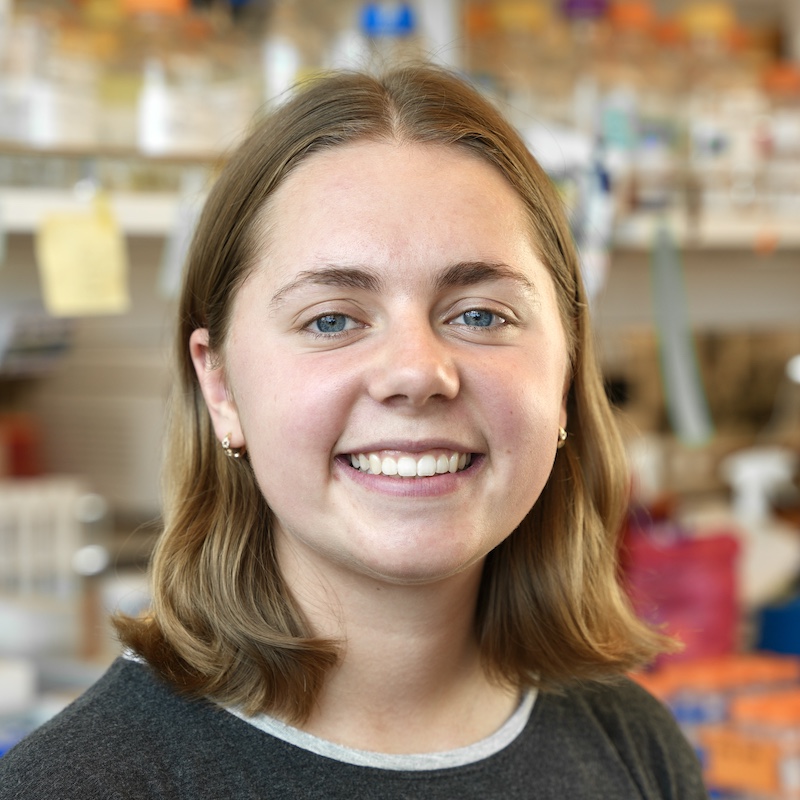
“I came to the IPD having only explored a very specific field of research completely unrelated to protein design, and I had no background in coding, so I was quite far out of my comfort zone. I always figured that I would have no interest in computation, but this experience completely changed that for me; I quickly realized how powerful computation is in biology.”
Advanced research
With projects rooted in each IPD Member Lab, the students tackled a wide range of research topics, from vaccine design to software development. They arrived with varying levels of research experience and left with a deepened passion for discovery, eager to apply their newfound insights in their home labs or in future research opportunities.
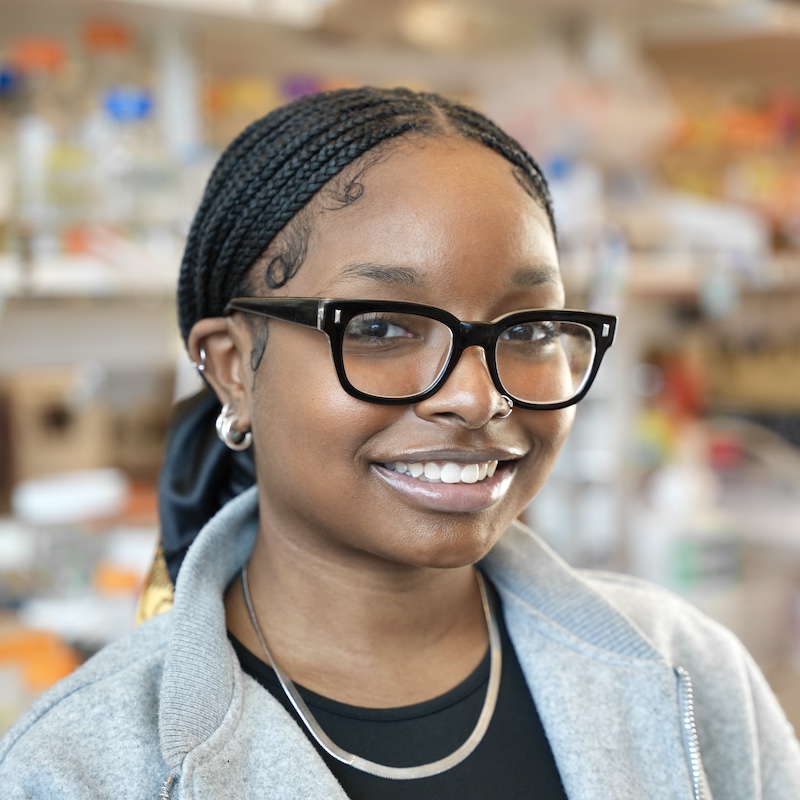
“Working on designing protein binders targeting cancerous peptides was an incredible experience, and the coolest part was seeing the potential impact of my work in real time. Despite having no prior wet lab experience, my mentors, Nathan Greenwood and Julia Bonzanini, were incredibly supportive and helped me get more comfortable with the techniques. At the same time, diving into advanced computational tools was both challenging and rewarding, pushing me to explore areas outside of my comfort zone. I’m looking forward to applying my experience here to further research in precision medicine.”
Forming connections
Starting on day one, students were invited to join research subgroups, participate in journal clubs, and attend seminars, becoming completely immersed in research at the IPD.
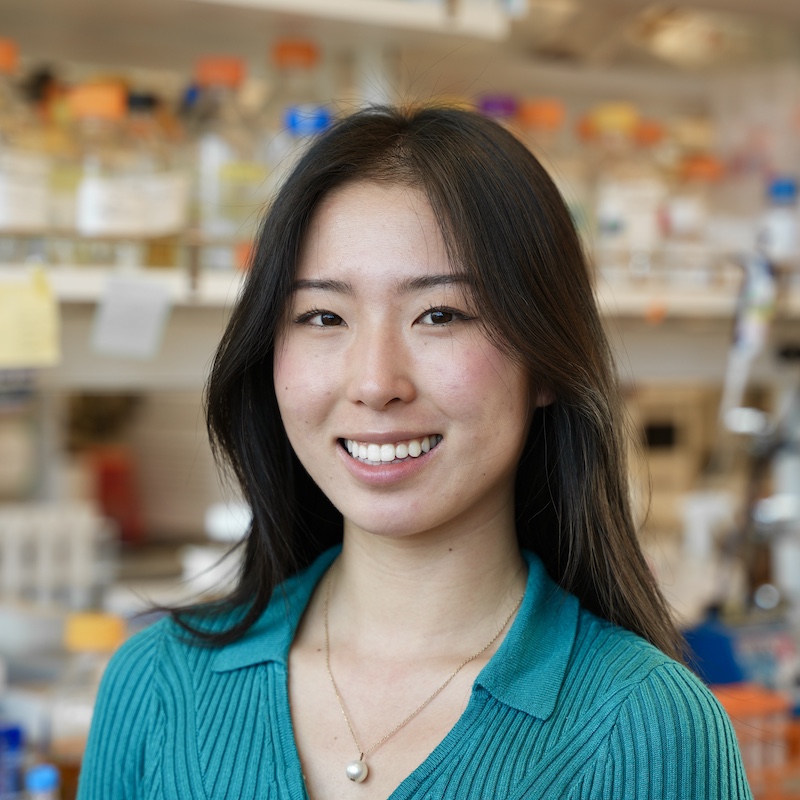
“I was amazed by the number of experts in different fields you can talk to on a daily basis, creating a perfect interplay between wet lab research and machine learning. This is a place where a coffee chat can teach you more than a dozen papers. I also loved the openness of the institute, the opportunity to meet new people every day, and the eagerness of everyone to help you succeed.”
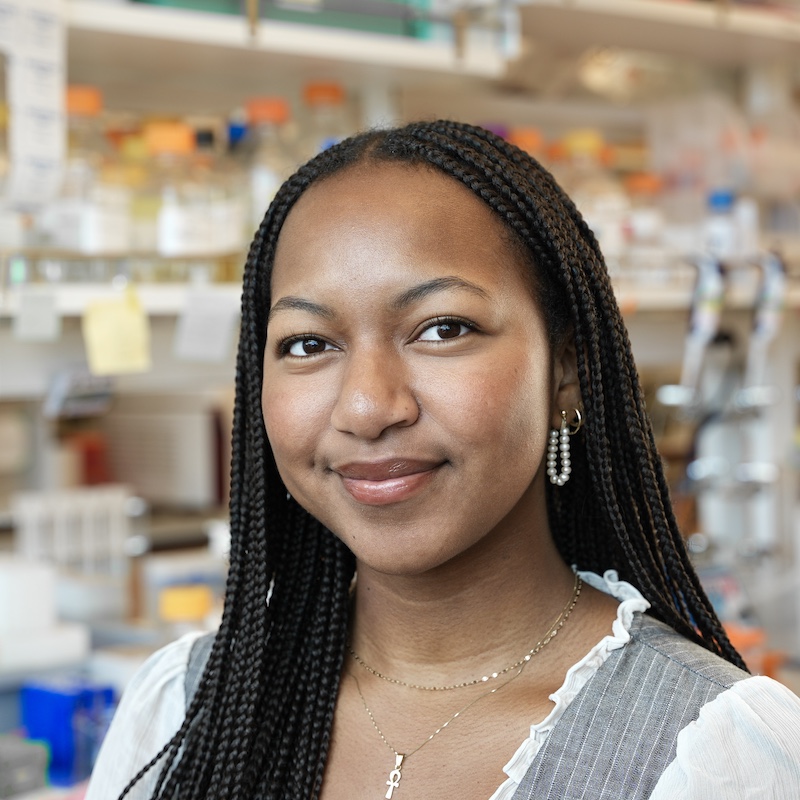
“For any future interns, working at the IPD will allow you to learn about the newest advancements to the world of protein design while interacting with scientists who truly love what they do. I am so thankful for such a welcoming environment that allowed me to learn the ins and outs of computational and experimental work within this field.”
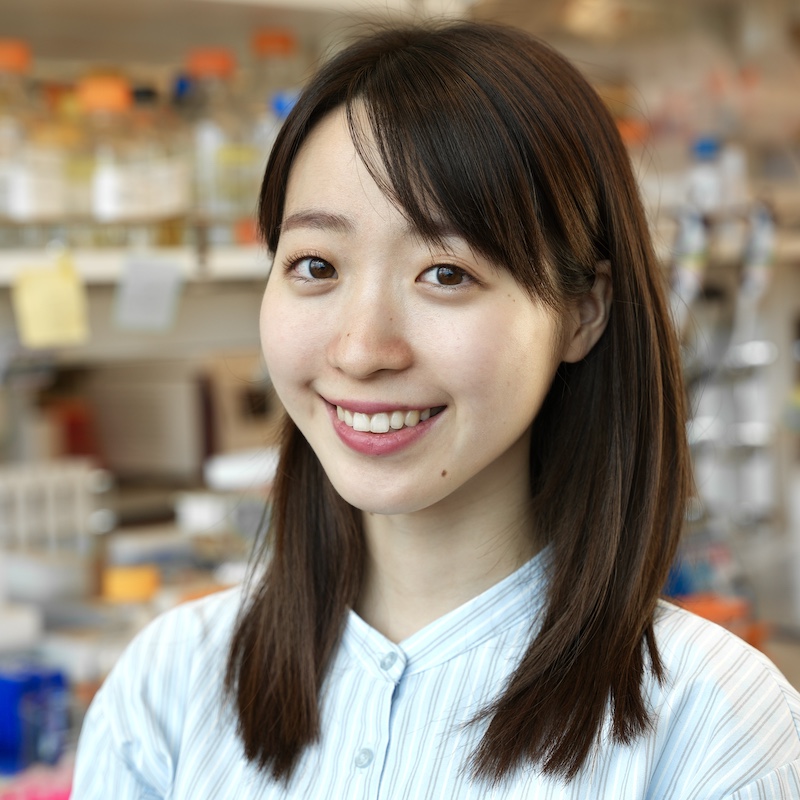
“Everyone was so friendly and open to any questions, which was incredibly valuable. Participating in happy hours, chocolate hours, and chatting in the kitchen allowed me to deepen my relationships, hear about their research, and enjoy casual conversations, creating wonderful memories. And last but not least, my mentor has been the best mentor I’ve ever had! Thanks to him, I was able to fully enjoy my research this summer.”
Sharing their work
Participants had two opportunities to present their undergraduate research projects at the end of the program. With guidance from experienced scientists, they created research posters for RosettaCon or the UW Summer STEM Undergraduate Research Poster Session to highlight their contributions and findings.
Join us next summer
IPD Summer Research Program
Funded: Yes
Supported by: Institute for Protein Design
Eligibility: Full-time undergraduate students (anywhere).
When to apply: By January
Rosetta Research Experiences for Undergraduates (REU)
Funded: Yes
Supported by: RosettaCommons
Eligibility: Full-time undergraduates in the U.S.
When to apply: By February
2024 Projects
AI tools to design hinge proteins to α-helical peptides | Baker Lab
Mentor: Kathryn Shelley & Cullen Demakis
Mentee: Hannah Stewart, Elliott Cole & Rose Duong
De novo design of an azide-alkyne cyclase | Baker Lab
Mentor: Declan Evans
Mentee: Jie Chen
De novo design of antibodies and antibody-like molecules, including single chain variable fragments and/or nanobodies | Baker Lab
Mentor: DeJenae See & Ellen Shrock
Mentee: Max Witwer
De novo design of macrocycles and disulfide stapled peptides against disease-relevant targets | Bhardwaj Lab
Mentor: Gizem Gokce & Stephen Rettie
Mentee: Summer Solis & Yuvraj Belani
Designing peptide-major histocompatibility complex (pMHC) protein binders for targeting | Baker Lab
Mentor: Nathan Greenwood & Julia Bonzanini
Mentee: Jazmin Sharp
Developing water soluble RFdiffused associated protein scaffolds (WRAPS) for a variety of natural and de novo membrane proteins | Baker Lab
Mentor: LJ Mihaljevic & Sagardip Majumder
Mentee: Mariah Culpepper & Sungjai Shin
Generating high-quality protein-small molecule complexes using physics-based ligand docking for RoseTTAFold All-Atom training | DiMaio Lab
Mentor: Davi Nakajima An
Mentee: Nadya Annabelle Lumy & Grace Li
Designing fully de novo protein vaccines using a pathogen agnostic approach | King Lab
Mentor: Sebastian Ols
Mentee: Octavius Louis & Arisa Uchida
Design nanoparticles to display a mosaic of proteins on the surface | King Lab
Mentor: Sanela Rankovic, Chelsea Fries & Susan Kleinfelter
Mentee: Kristine Pham, Dominik Nowak, Favour Olushola & Ganga Dripaul
Special thanks to program organizers Kandise VanWormer and Madison Kennedy, PhD.

